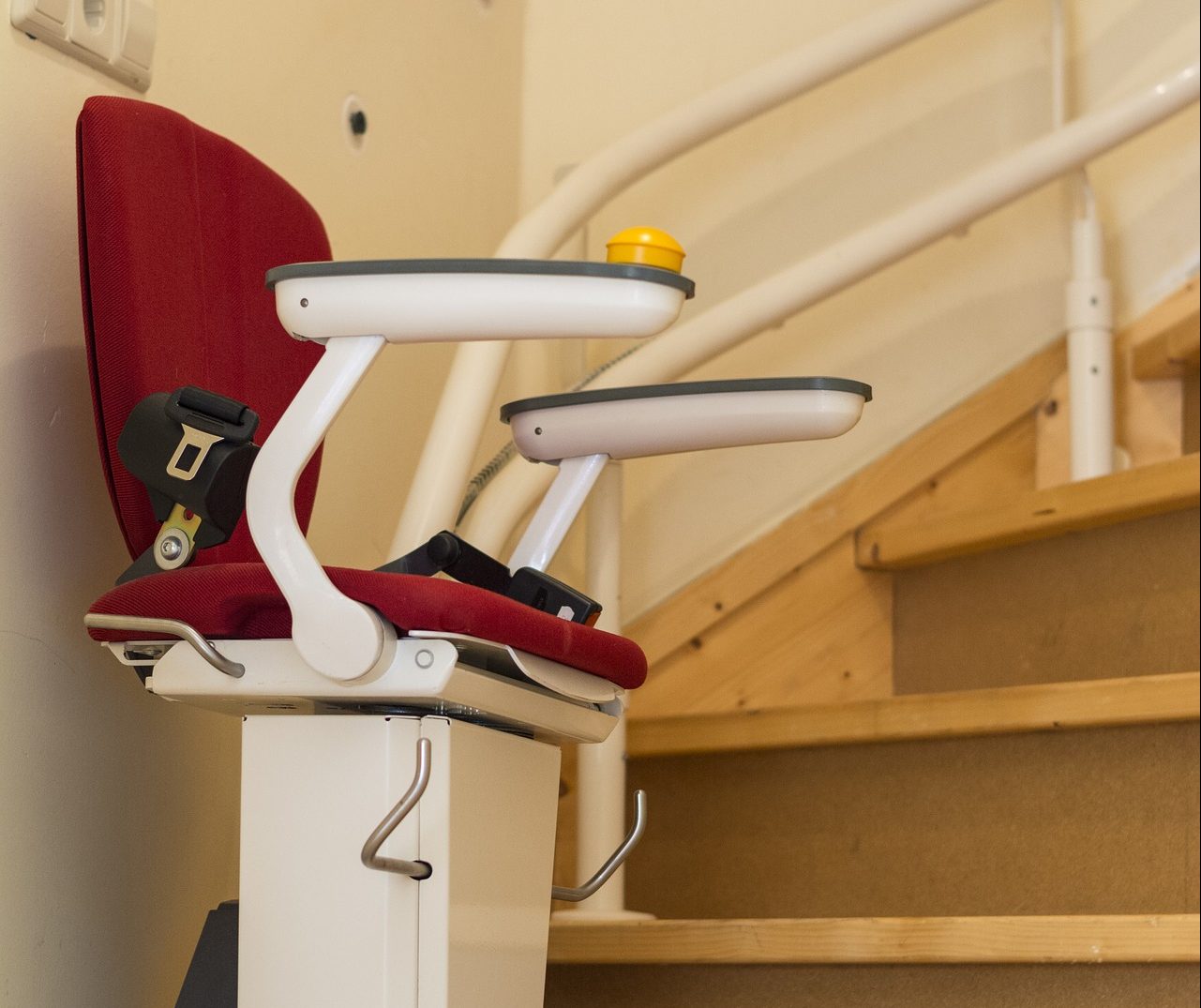Occupational health physiotherapists take a risk management approach to injury prevention and management, in line with occupational health and safety laws.
Why focus on Occupational Health?
We spend a lot of time in our places of work. Whether you’re outside or inside, moving or stationary, your work, and indeed your work environment environment put a number of demands on your body.
For all the time we spend at work, we don’t think there’s enough emphasis put on the actions we can take to work more efficiently, more healthily, and more safely.
This is what Occupational Health concerns itself with.


The Role of Physiotherapy in Occupational Health
- Business professionals
- Financial professionals
- Legal practitioners
- Construction workers/labourers
- Writers/journalists
- School students
- Artists
- Retirees
What will a Chartered Physiotherapist do for me?
- Work-related injury prevention and treatment
Using our best practice knowledge and technical understanding of occupational injuries, occupational physiotherapists are able to design and implement robust early claim and rehabilitation management strategies to ensure employer and employee benefit.
- Fitness to work
We ensure your employees are both mentally and physically fit for their specific roles and duties. This can be done pre-hire or during employment, through general fitness for work assessments. This protects employers and employees by minimising risk and ensuring compliance.
- Absence management
When an employee is on long-term sick leave, we can step in and work with our clients to facilitate their rehabilitation and return to work. We can ensure that the client, HR and Line Managers benefit from evidence based, practical advice, that helps to ensure a safe, productive and sustained return to work.
- Employee health & wellbeing
The greatest asset to your company is your people, so improving their health and wellbeing will ultimately have a positive effect on their productivity and their accountability while they are at work.
- Job task analysis
Sometimes employers and employees alike do not fully comprehend the full physical, psychological, and environmental demands of a job. Situations like recruiting the right candidate or planning the safe return to work of an injured employee can become a daunting task if the requirements of a person’s role are not clearly outlined. Having a comprehensive Job Task Analysis and Job dictionary can help to mitigate these risks.
- Ergonomics
Poor ergonomic work practices or poorly designed workstations can play a significant role in the development of many preventable musculoskeletal disorders including neck and back pain, shoulder and arm pain, headaches and repetitive injury strains. We perform in-person, virtual, and workstation assessments, as well as provide ergonomic training and workshops.
- Return to work plans
A personalised return to work plan is proven to assist with returning employees to work, faster and with a greater success rate. Our detailed reports remove the guess work for management teams and allows them to make informed decisions.
What can I do?
Far too often we see people accepting their pains as part of the job, but your physical health should never have to be compromised to perform your role.
If you’re experiencing discomfort at work, whether it’s a recent development, or an ache you’ve felt for months or years and grown to get used to, you can get in touch with your nearest Occupational Health Physiotherapist and get a plan in place to reduce your pain and get you back to living and working freely.


Benefits of a Health-Conscious Workplace
- Lower risk of work-related injury
- Improved health
- Better employee/workplace morale
- Greater productivity
- Improved product quality
Find a Chartered Physiotherapist
Use our Find a Physio tool to find a Chartered Physiotherapist working in your area
Disclaimer
The content on this page is provided for general information purposes only and is not meant to replace a physiotherapy or medical consultation. The ISCP is not responsible for the content of any external sites, nor should selection be seen as an endorsement of them.


